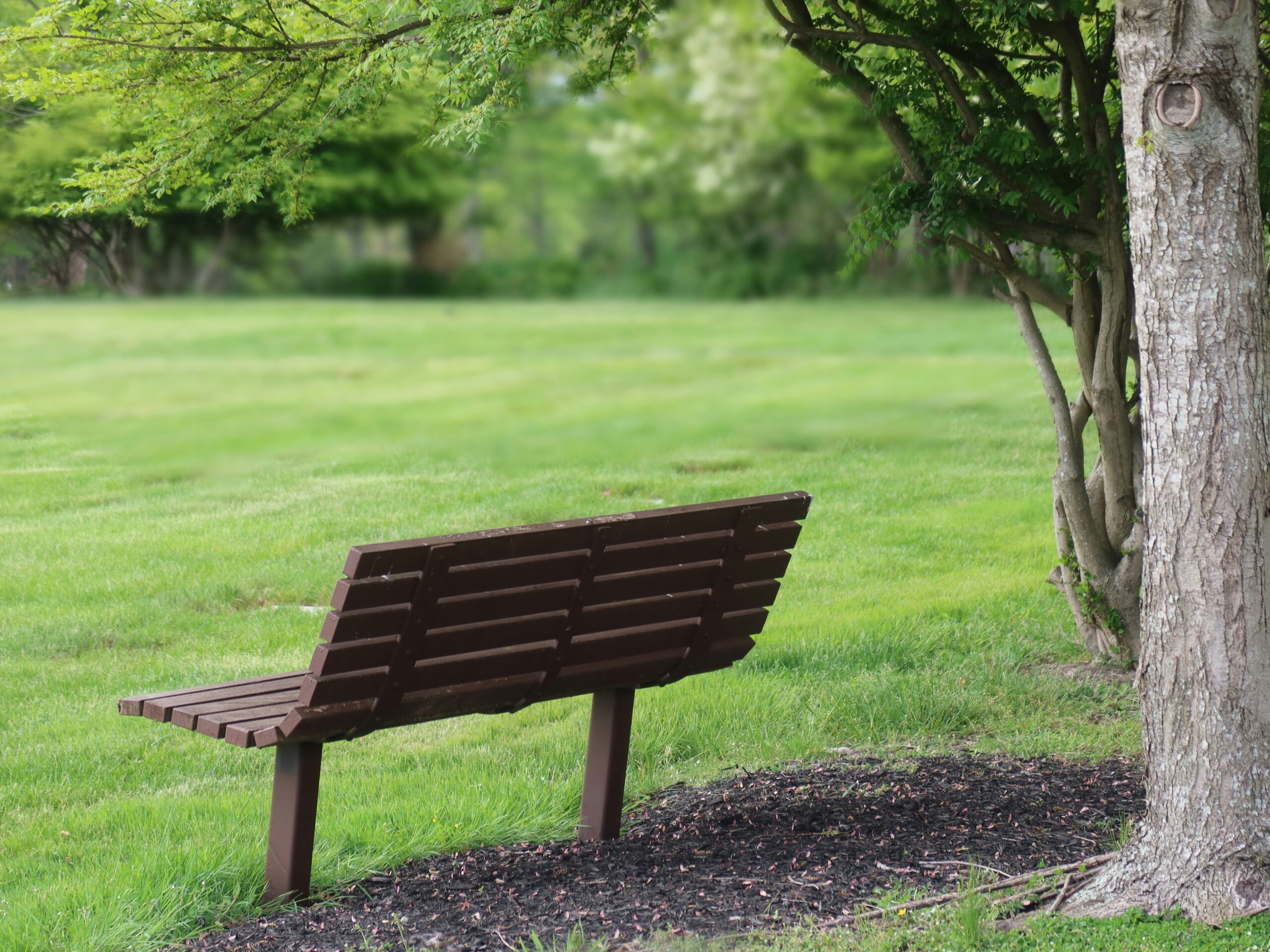Life After Cancer
MARISSA HENLEY|GUEST Editor's Note: Below is an excerpt from Marissa's newly published devotional, After Cancer: Thriving with Hope (P&R, 2025), used with permission. Filled with both dread and hope, I forced a deep breath through my anxiety-stricken lungs and stepped into the counselor’s office. Almost two years had passed since I had been diagnosed with a rare cancer called angiosarcoma. The chemotherapy, clinical trial, radiation, and surgery had ended about a year prior, and my scans showed no evidence of disease. Some days, I was thrilled to be alive. I felt happy, grateful, and free. Other days, I felt like cancer still had me in its suffocating grip. The new perspective that made me grateful for each day also made me greedy for years I wasn’t sure I’d get to enjoy. Cancer had been purged from my body, but it wouldn’t leave my mind. I was tired of feeling consumed by cancer. A few minutes later, I sat on the counselor’s sofa, telling my story through tears. I started with the facts: The lump in my breast. The phone call two weeks later. The internet search that revealed a grim prognosis. The oncologist at MD Anderson Cancer Center who looked me in the eyes and said, “I can cure you.” The months of chemotherapy. The clinical trial that took me away from my three young children for weeks and weeks as I received treatment in Houston, six hundred miles from home. Radiation and surgery, also in Houston. God’s faithfulness and provision through dark days of suffering, sickness, and fear. But my story was more than those facts. Fear, grief, and trauma interwove through those details, but I often buried my emotions as I shared the happy ending of my story. I talked freely about the when, where, and how, but I didn’t think people would want to hear the questions I wrestled with daily: Why? What now? I often separated the facts from my feelings when I told the story, but in the safety of the counselor’s office, my emotional turmoil rose to the surface and overflowed...










